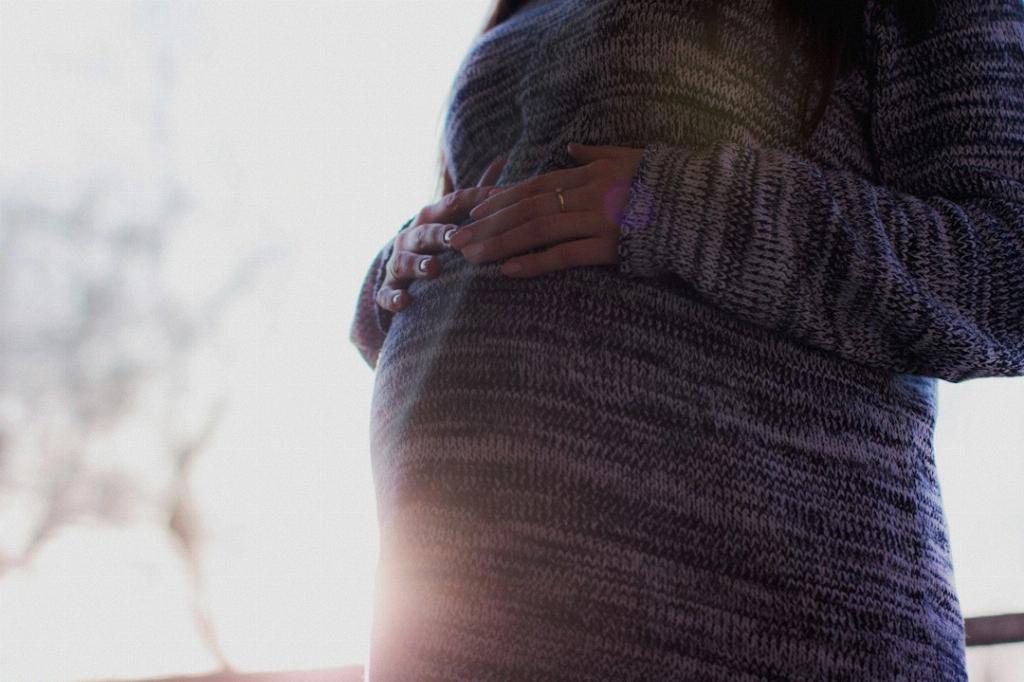It is common for expecting mothers to experience fluctuations in their appetite during the early stages of pregnancy. These changes can manifest in various ways, from a decrease in appetite to sudden cravings for specific foods. The reasons behind these shifts are often attributed to the hormonal changes that occur as the body prepares to support the developing fetus.
Normalizing Appetite Loss
One of the reassuring aspects of appetite loss during early pregnancy is that it is considered a normal occurrence. Many women find themselves feeling less interested in food or experiencing aversions to dishes they once enjoyed. This shift in appetite can be unsettling for some, but it is generally a temporary phase that tends to improve as the pregnancy progresses.
Factors Contributing to Changes in Appetite
Hormonal fluctuations, particularly changes in estrogen and progesterone levels, play a significant role in influencing appetite during pregnancy. These hormones can impact taste perception, sense of smell, and overall digestive processes, contributing to a shift in dietary preferences. Additionally, feelings of nausea or morning sickness can also influence appetite, making certain foods less appealing to expectant mothers.
Managing Appetite Changes
For women experiencing appetite loss during early pregnancy, there are strategies that can help navigate this phase. Opting for smaller, frequent meals instead of large portions can make eating more manageable. Choosing nutrient-dense foods that are appealing and easy to digest can also support the body’s nutritional needs during this time.
Importance of Nutrition
While appetite changes are normal, it is essential for pregnant women to prioritize their nutritional intake. Adequate consumption of essential nutrients, such as folic acid, iron, and calcium, is crucial for supporting both maternal health and fetal development. Consulting with a healthcare provider or a nutritionist can help ensure that dietary needs are being met even if appetite is reduced.
Seeking Support
Coping with appetite changes during pregnancy can be challenging, both physically and emotionally. It is important for expectant mothers to seek support from their healthcare providers, as well as from partners, family members, or friends. Open communication about dietary concerns and preferences can help alleviate stress and ensure that proper nutrition is maintained.
Monitoring Symptoms
While appetite loss is common in early pregnancy, severe or persistent changes in eating habits should be discussed with a healthcare provider. Extreme weight loss, dehydration, or significant changes in appetite could indicate underlying issues that require medical attention. Monitoring symptoms and seeking timely intervention is crucial for ensuring the health and well-being of both mother and baby.
Embracing Individual Experiences
Every pregnancy journey is unique, and the experience of appetite changes can vary significantly from one woman to another. It is essential for expectant mothers to listen to their bodies, honor their cravings and aversions, and approach dietary changes with flexibility and compassion. Embracing the ebb and flow of appetite throughout pregnancy can help foster a positive relationship with food and body during this transformative time.
Psychological Impact of Appetite Changes
Appetite changes in early pregnancy can also have psychological implications for some women. Feeling guilty or anxious about changes in eating patterns is not uncommon, but it is important to remember that these shifts are a natural part of the pregnancy process. Seeking reassurance from healthcare providers, engaging in self-care practices, and connecting with support networks can help alleviate emotional distress related to appetite fluctuations.
Planning Ahead
As pregnancy progresses, appetite patterns may continue to evolve, with some women experiencing a return to normal eating habits while others may find their preferences remain altered. Planning ahead for potential changes in appetite, stocking up on nutritious snacks, and exploring new food options can help navigate the journey of pregnancy with greater ease and flexibility.
Embracing the Journey
Ultimately, the journey of pregnancy, including its ups and downs in appetite, is a unique and transformative experience for expectant mothers. Embracing the changes, seeking support when needed, and prioritizing self-care are essential components of navigating the complexities of early pregnancy. By honoring the body’s cues, fostering a positive relationship with food, and staying attuned to both physical and emotional needs, women can navigate appetite changes with grace and resilience.

